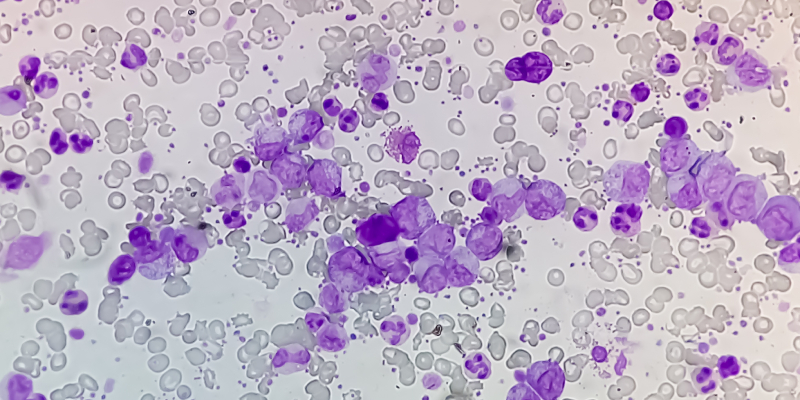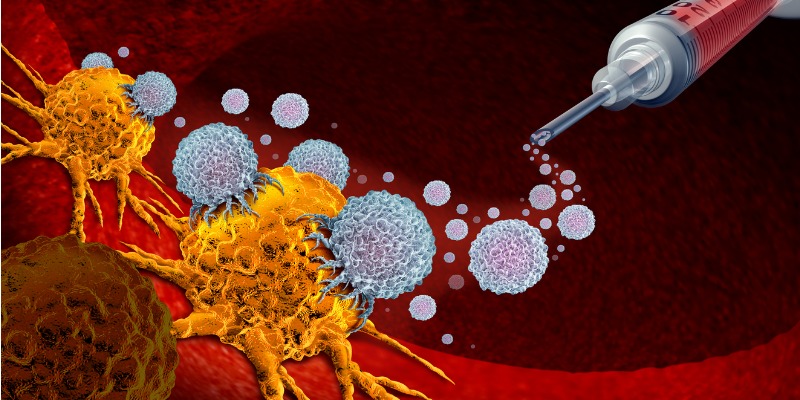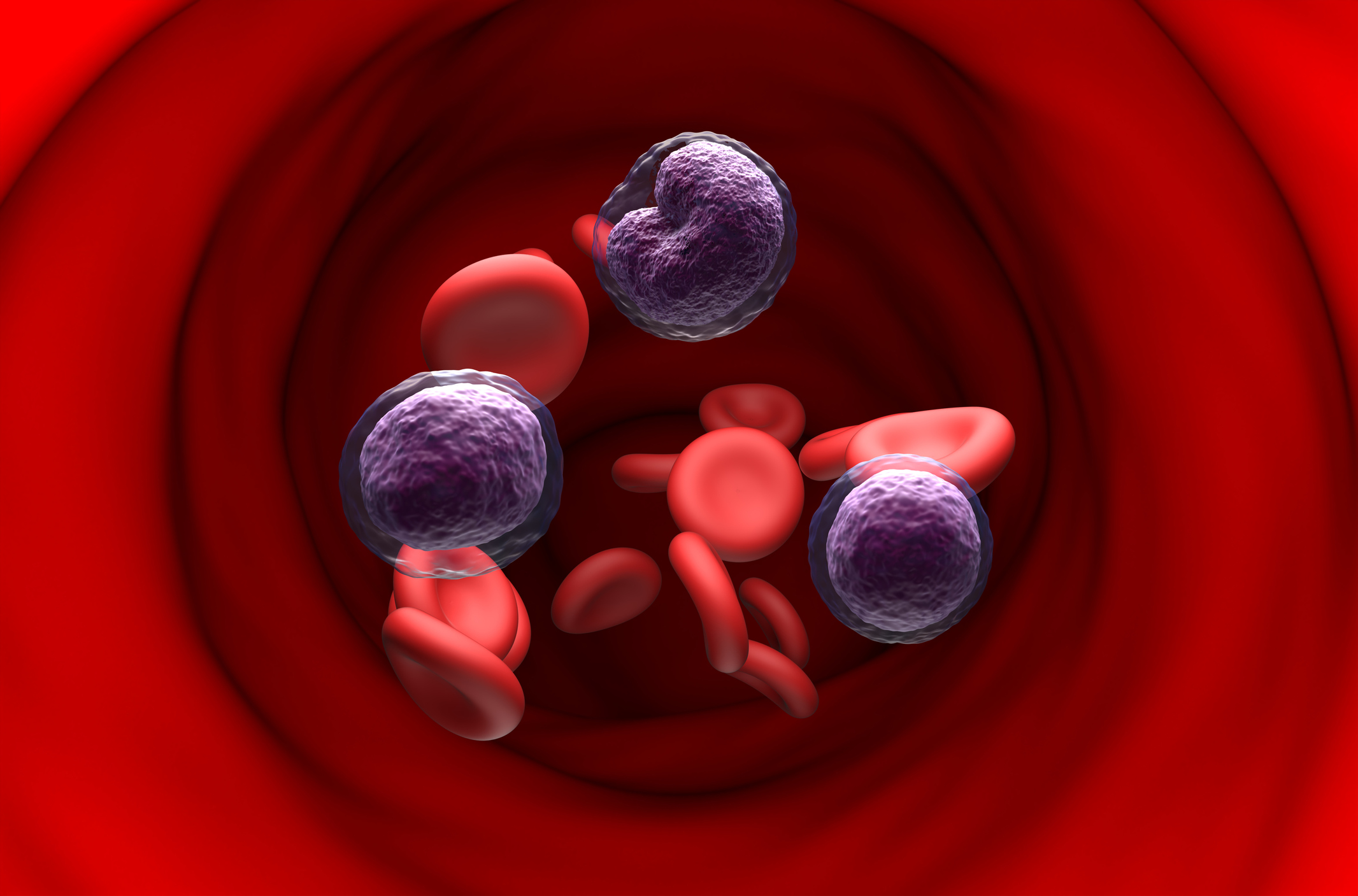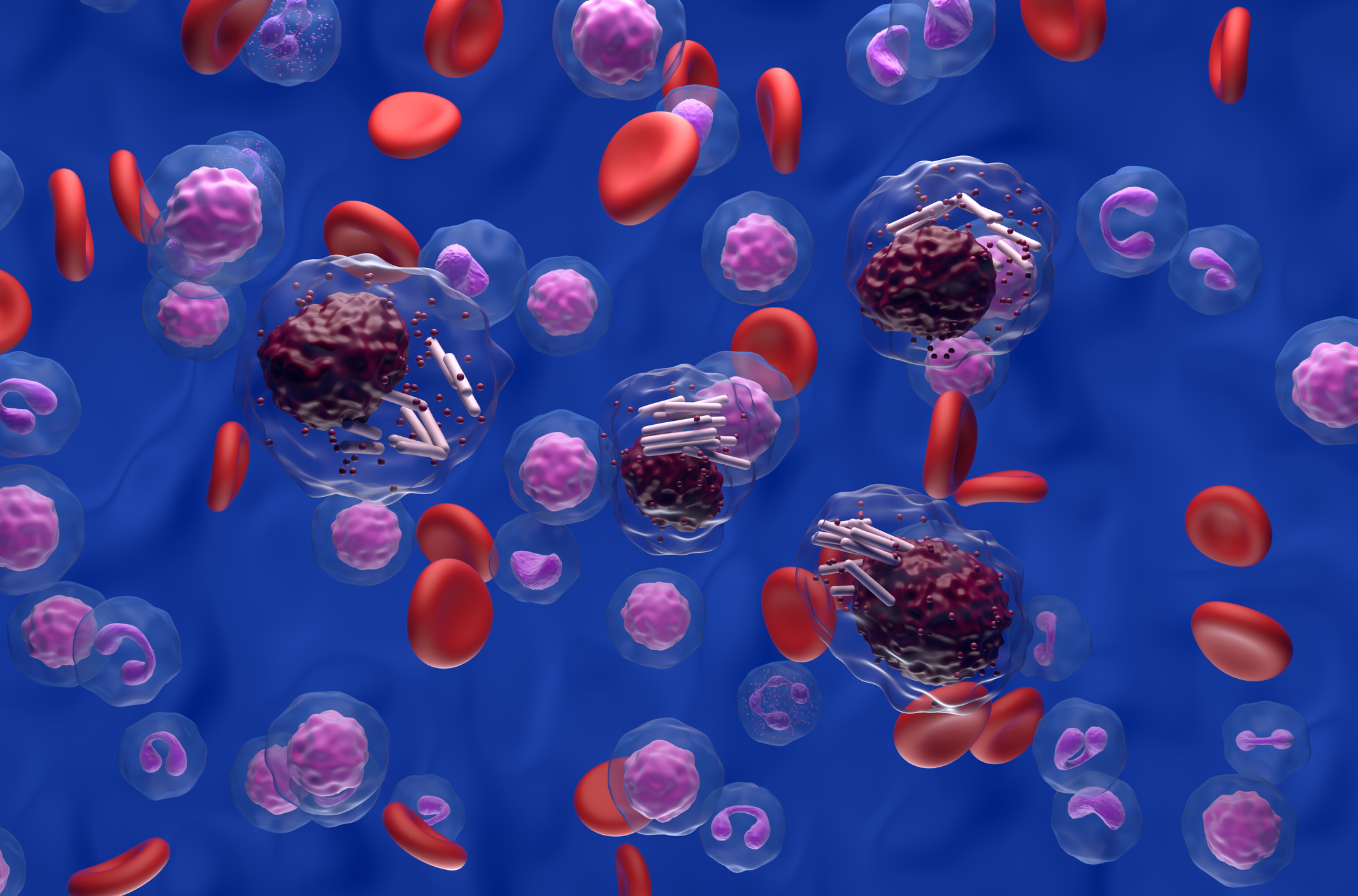
Genetic mutations in CCR4 promote pathogenesis of the peripheral T-cell lymphoma (PTCL) subtype, which features GATA3 overexpression, according to findings presented at the 2024 Pan Pacific Lymphoma Conference in Lahaina, Hawaii.
“The data herein supports the novel role of mutant CCR4 in enhancing T-cell lymphomagenesis and T-helper differentiation, emphasizing these mutants as a therapeutic target,” the investigators wrote.
In this study, four CCR4 cytoplasmic domain mutants, and their controls were transduced into healthy donor CD4-positve T-cells and the CD4-positive Jurkat T-cell line. The investigators used flow cytometry of T-cell receptor (TCR) and T-helper (TH) phenotype markers to evaluate TCR signaling, differentiation, and proliferation in these sets. Migration was evaluated by measuring response to recombinant CCL17 and CCL22 using transwell assays.
The investigators concluded from the resulting data that CCR4 mutations contribute to PTCL-GATA3 pathogenesis by disrupting TH-differentiation and promoting cell growth in the absence of CD3 or CD28 ligation. Compared with controls, the four CCR4 mutants’ ectopic expressions demonstrated greater TCR activation and protein kinase B/mammalian target of rapamycin signaling, as well as greater migration in response to CCL22.
“CCR4Y331X, the most frequent CCR4 mutation in PTCL-GATA3, exhibited a worse docking score compared to wild-type CCR4 overexpression, consistent with cutaneous T-cell lymphoma studies showing the ineffectiveness of mogamulizumab in patients with this specific mutation,” the investigators noted.
Reference
Jochum D, Vishwakarma S, Bouska A. CCR4 mutations dysregulate t-helper differentiation and promote lymphomagenesis. 2024 Pan Pacific Lymphoma; July 15-19; Lahaina, Hawaii.






 © 2025 Mashup Media, LLC, a Formedics Property. All Rights Reserved.
© 2025 Mashup Media, LLC, a Formedics Property. All Rights Reserved.